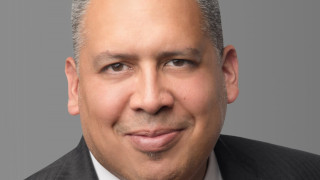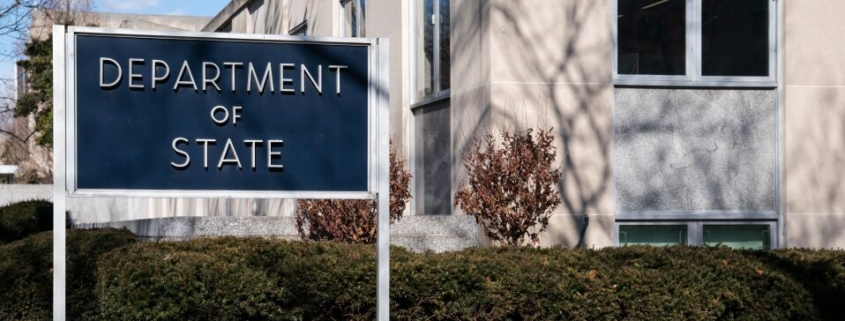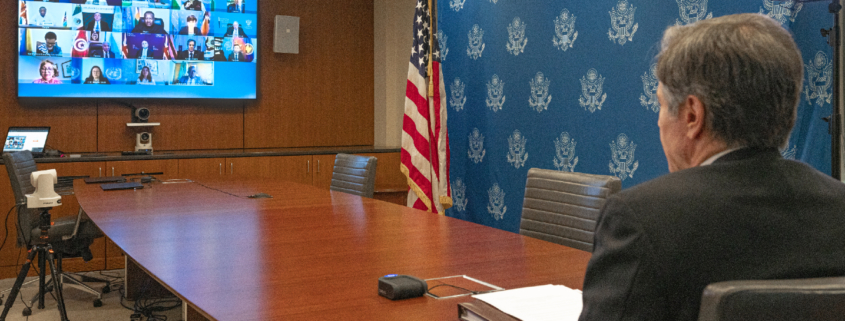School of Diplomacy Welcomes New Faculty

Dr. Brandon Valeriano
The School of Diplomacy is excited to welcome two new professors to join starting
for the Fall 2023 semester. Both Dr. Brandon Valeriano and Dr. Brendan Balestrieri
bring a surplus of experience in all matters of international relations, with a particular
emphasis on the role of the military and the importance of homeland security in the
world of diplomacy. The School looks forward to the continued opportunities to expand
student learning with our new professors.
Brendan Balestrieri, Ph.D. – Professor of Practice
Dr. Brendan Balestrieri will join the School of Diplomacy and International Relations
as a Professor of Practice starting Fall 2023. As a native of New York, he is excited
to be joining a school with an excellent reputation and moving a little closer to
home. For the past 18 years, Dr. Balestrieri has served as an officer in the United
States Army, stationed primarily in South Korea. With master’s degrees in International
Studies from Korea University and Public and Media Relations from Johns Hopkins University,
and his Ph.D. from Korea University, Dr. Balestrieri primarily researches the intersection
between the military, international relations, and policy.
As part of his new role, Dr. Balestrieri will help develop the new International and
Homeland Security B.S. program, focusing on a comparative approach. The course will
examine different approaches…


